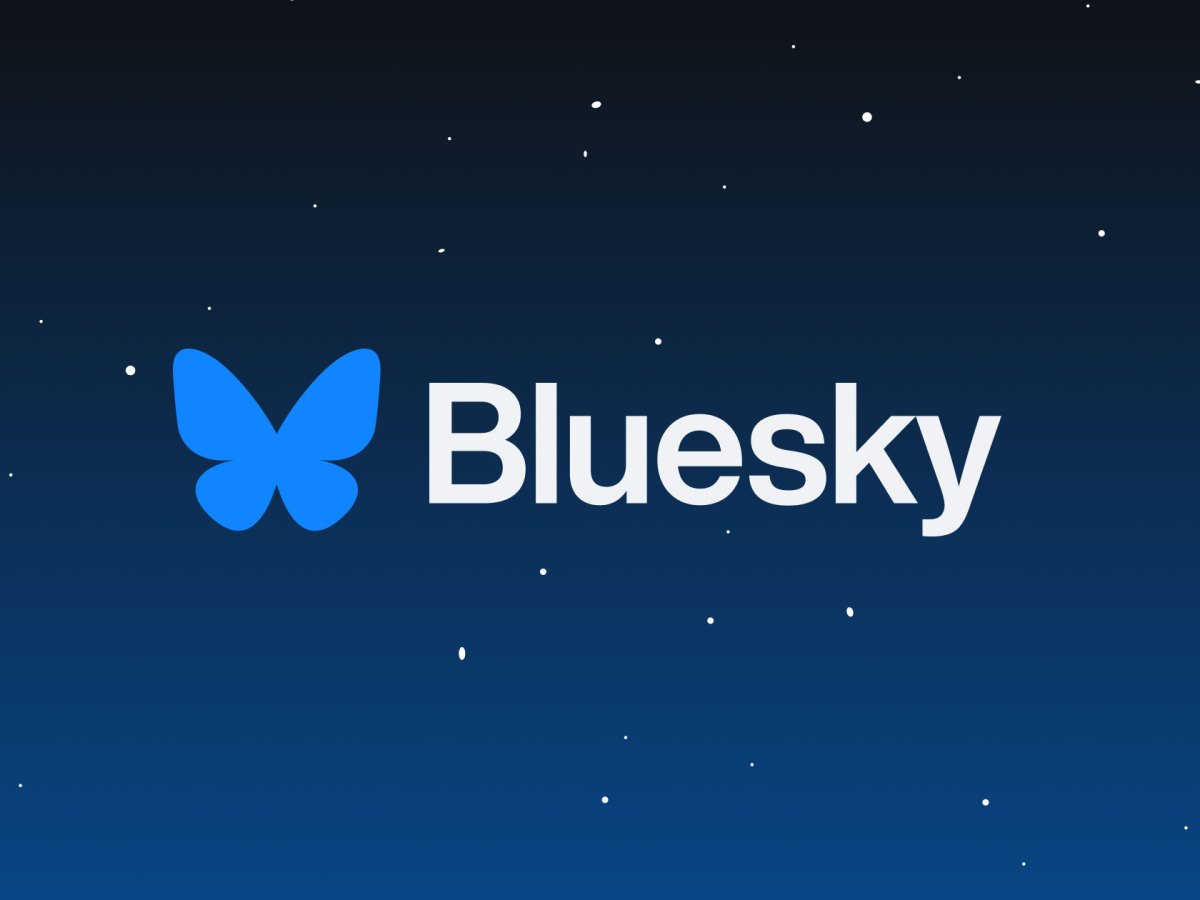
Social networking startup Bluesky has decided to block access to its service in Mississippi, opting not to comply with a new age assurance law.
In a blog post published on Friday, Bluesky explains that, as a small team, it lacks the resources for the technical changes the law requires. The company also raised concerns about the law’s broad scope and privacy implications.
Mississippi’s HB 1126 mandates platforms to conduct age verification for all users before they access social networks like Bluesky. On Thursday, U.S. Supreme Court justices denied an emergency appeal that would have halted the law while legal challenges proceed.
This led Bluesky to decide on its compliance strategy.
Instead of requiring age verification solely for age-restricted content, the law requires verification for all users, meaning Bluesky would need to verify every user’s age and obtain parental consent for those under 18. Noncompliance could incur penalties up to $10,000 per user.
Bluesky emphasizes that the law extends beyond child safety, creating “significant barriers that limit free speech and disproportionately affect smaller platforms and emerging technologies.”
To comply, Bluesky would need to collect and store sensitive user information and track minors, differing from requirements under laws like the U.K.’s Online Safety Act, which only mandates age checks for certain content.
Mississippi’s law prevents site access unless personal and sensitive information is provided.
“Unlike tech giants with vast resources, we’re a small team focused on building decentralized social technology that puts users in control,” Bluesky’s blog post stated. “Age verification systems require significant infrastructure and developer effort, complex privacy protections, and ongoing compliance monitoring — costs that can easily overwhelm smaller providers. This situation favors big tech platforms while hindering the innovation and competition that benefits users,” it added.
Bluesky notes that its decision applies only to the Bluesky app built on the AT Protocol. Other apps may choose different approaches.
We’re always looking to improve, and your insights can help us! Fill out this survey to share your feedback on TechCrunch, our coverage, and events, and get a chance to win a prize!

